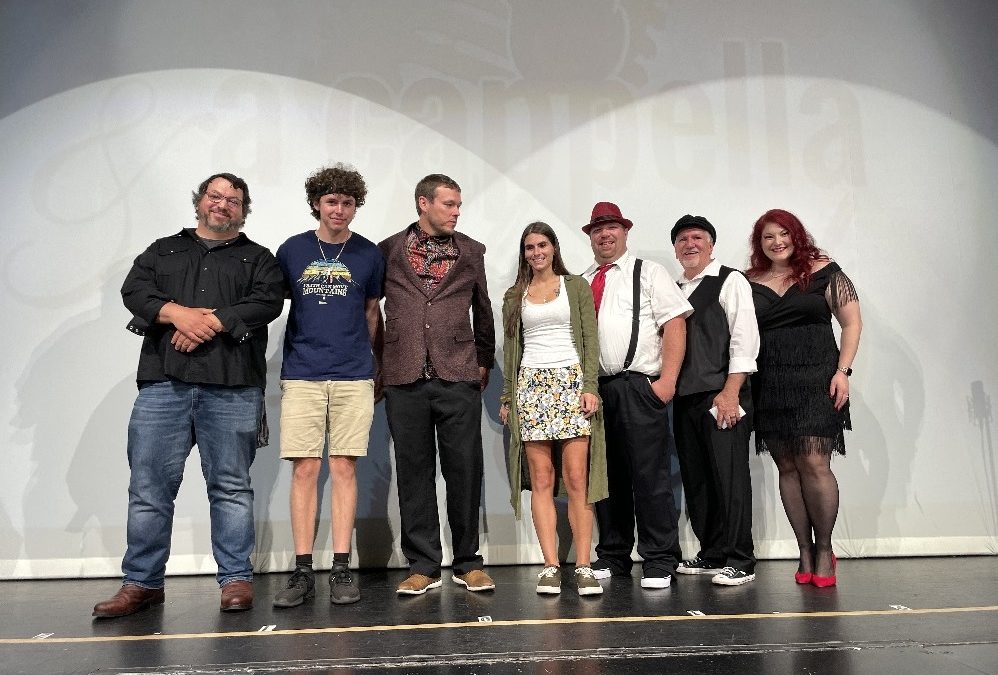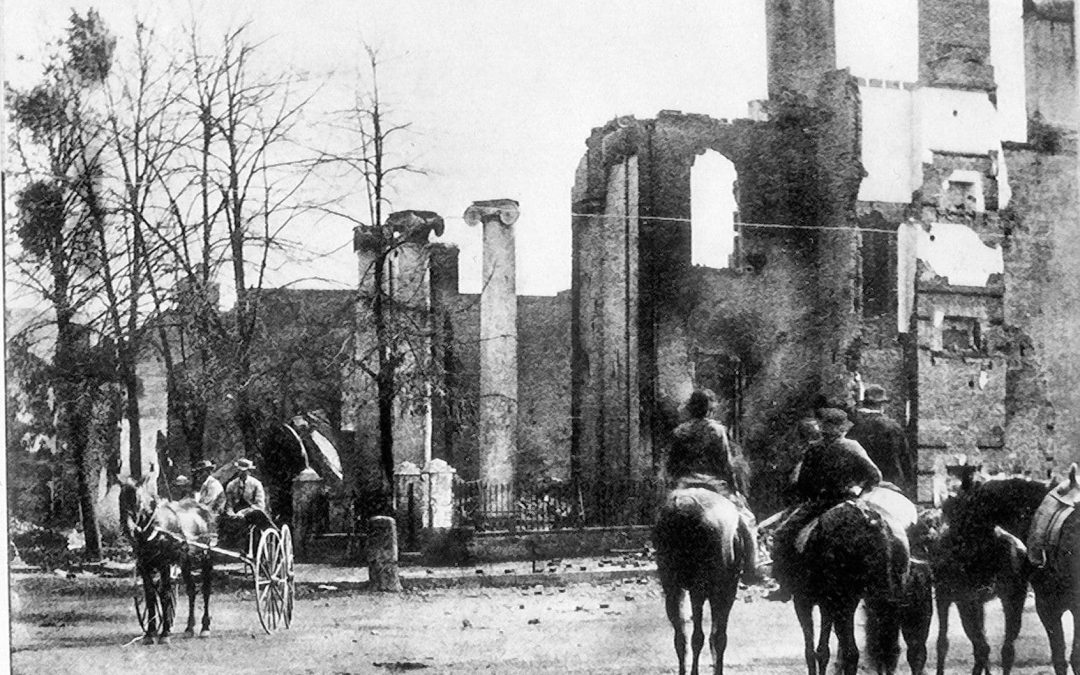
by Janet Pollard | Jun 18, 2023 | Blog
Franklin County Visitors Bureau is excited to announce the finalists of A Cappella & Unplugged 2023. They are Elijah Myers from Fairplay, MD, Paul Minnich from Abbottsville, PA, Robert Twine from Mercersburg, PA, The RMS Experience from Shippensburg, PA, and...

by Janet Pollard | Jul 14, 2020 | Blog
Join the Franklin County Visitors Bureau on July 18, at 11:30 AM, for a special presentation of 1864 Ransoming, Burning & Rebirth of Chambersburg. Travel back to July 30, 1864 when General John McCausland and 2,800 Confederate cavalrymen rode into Chambersburg,...




